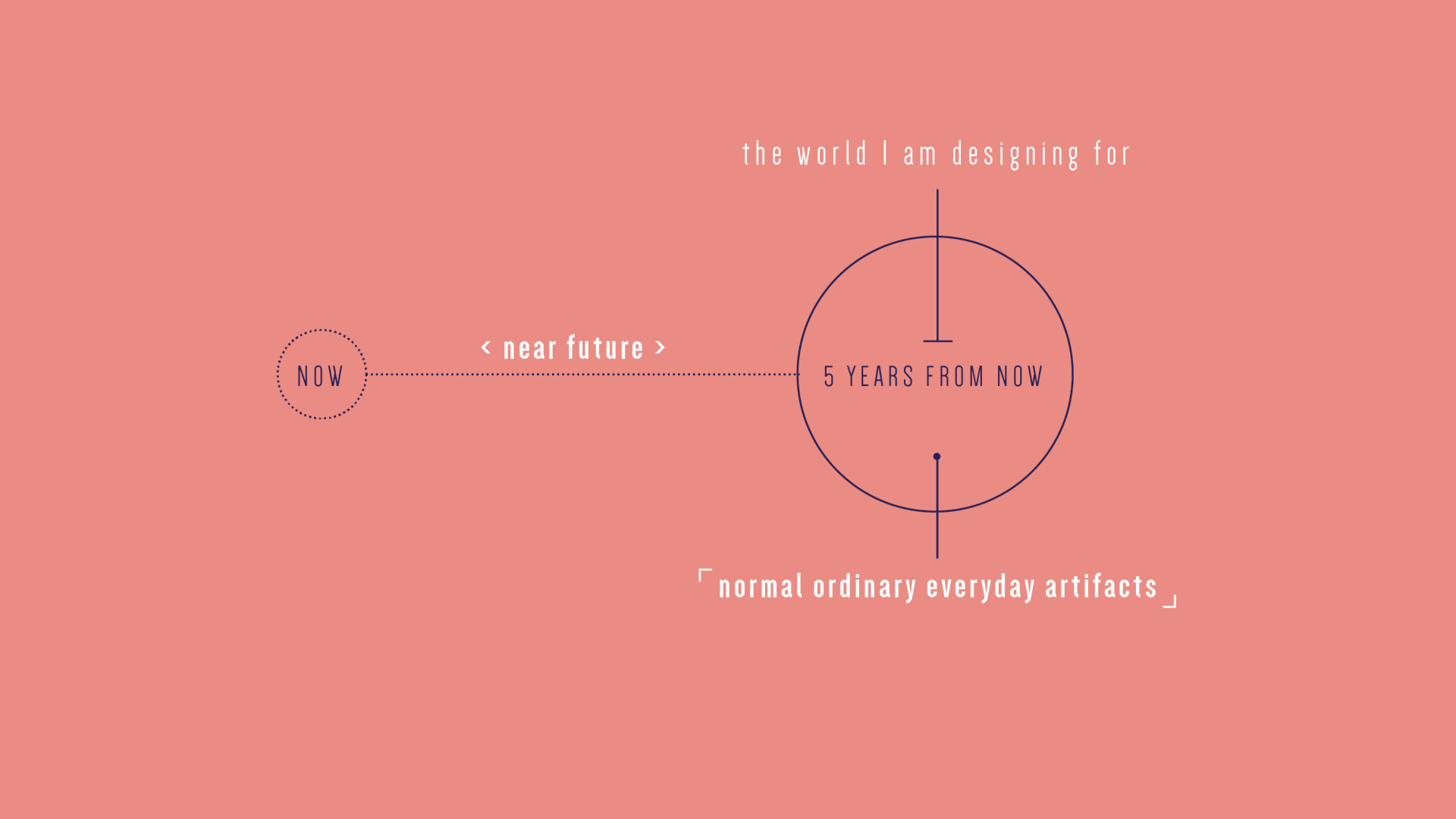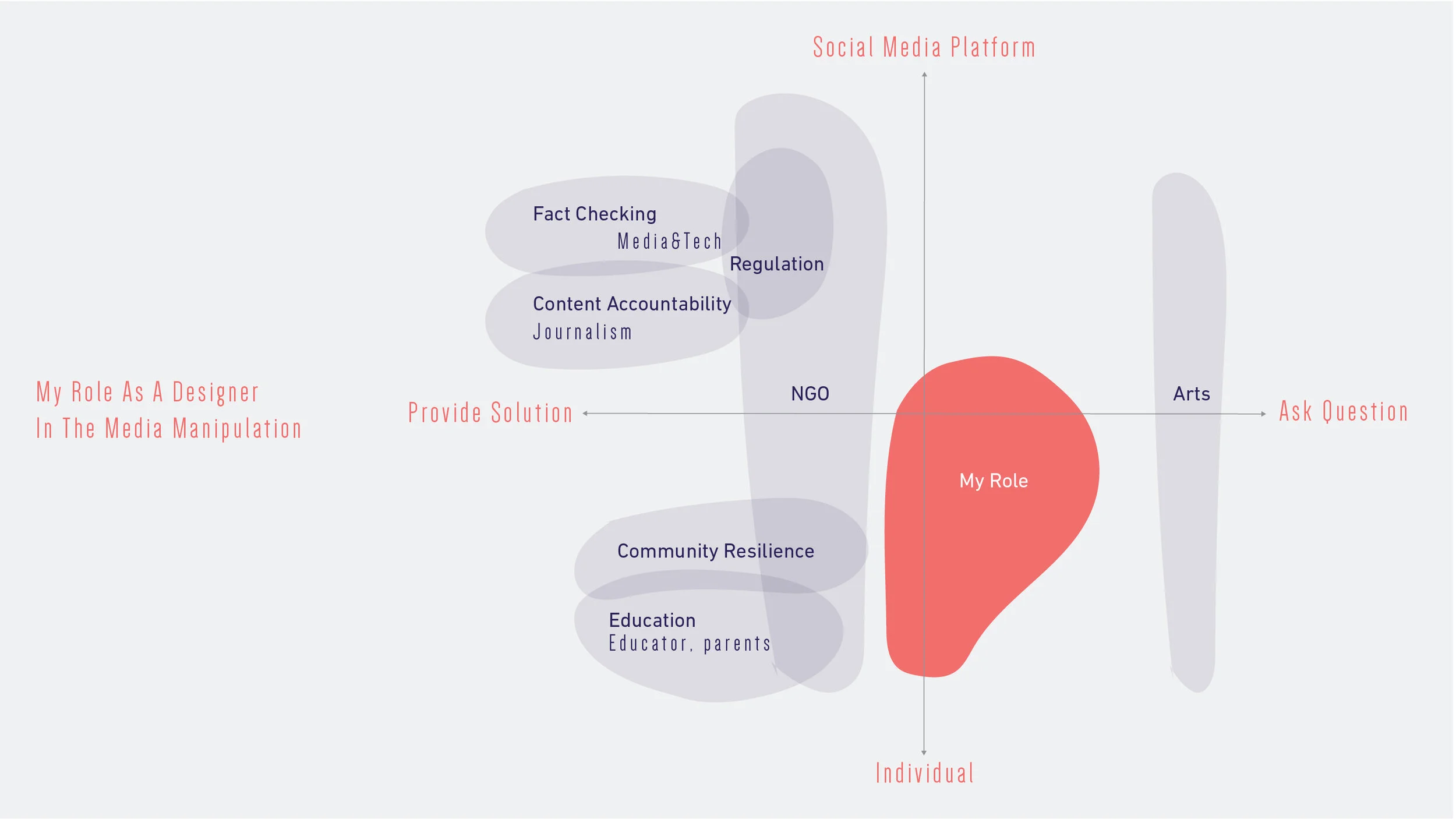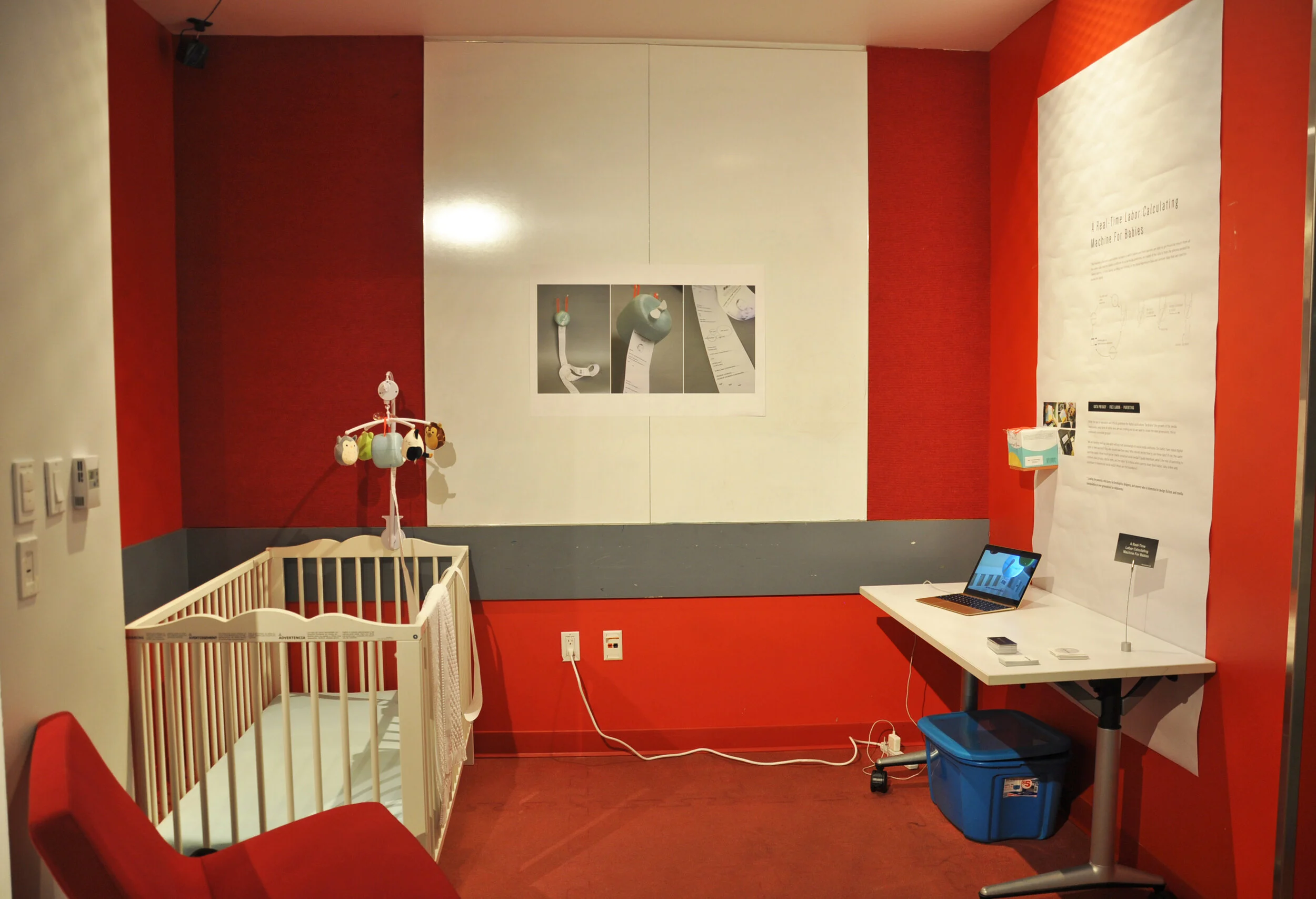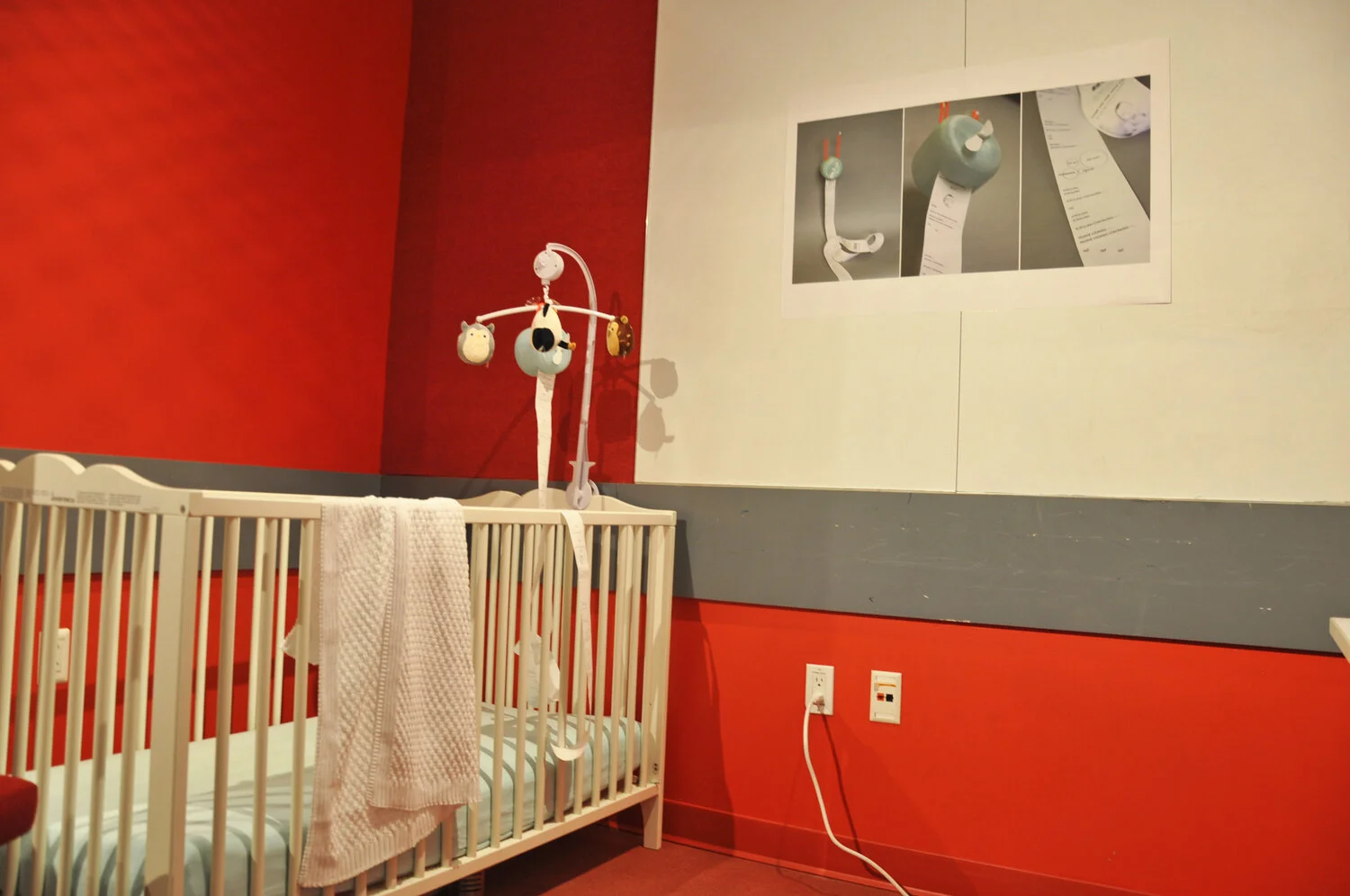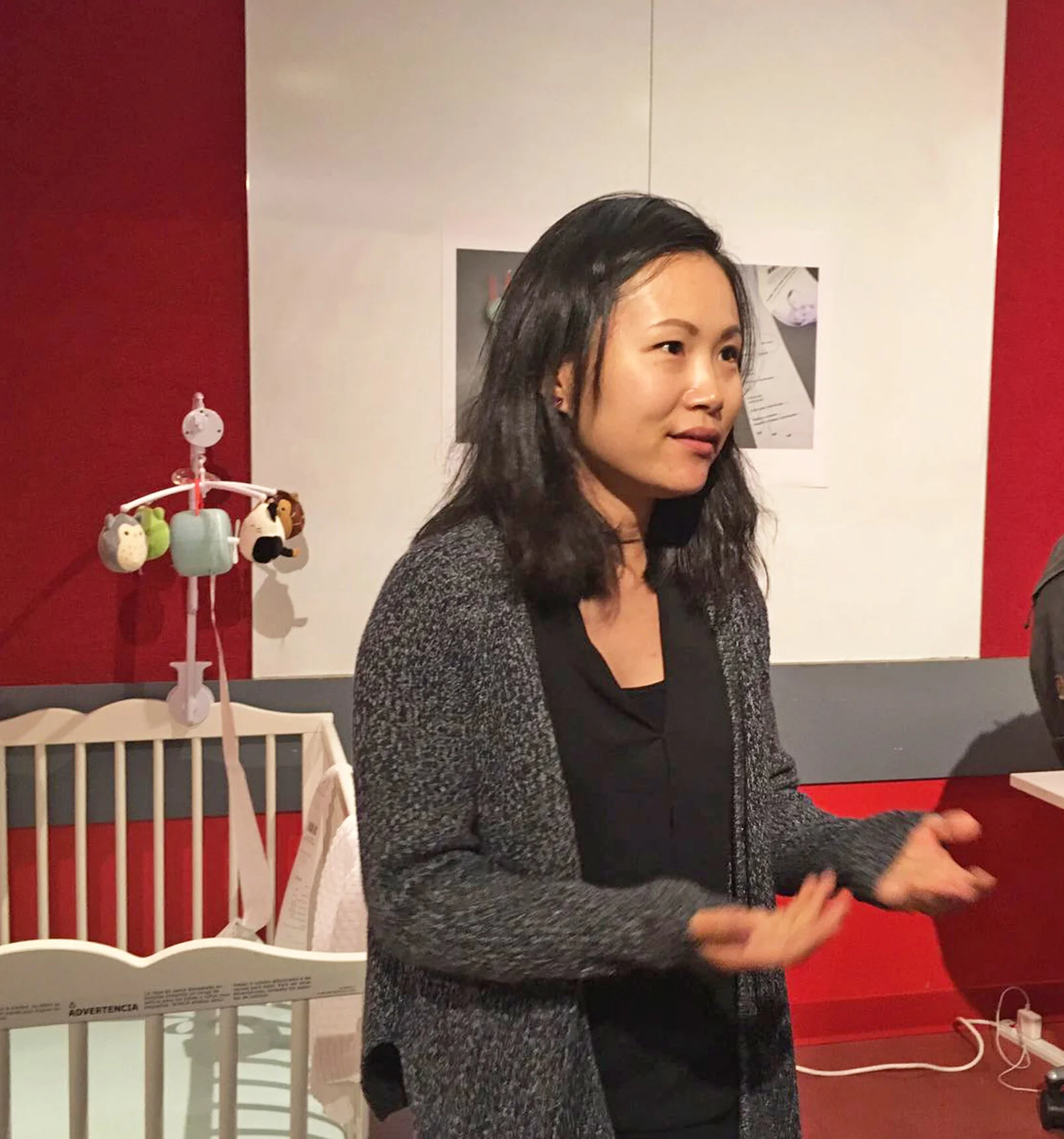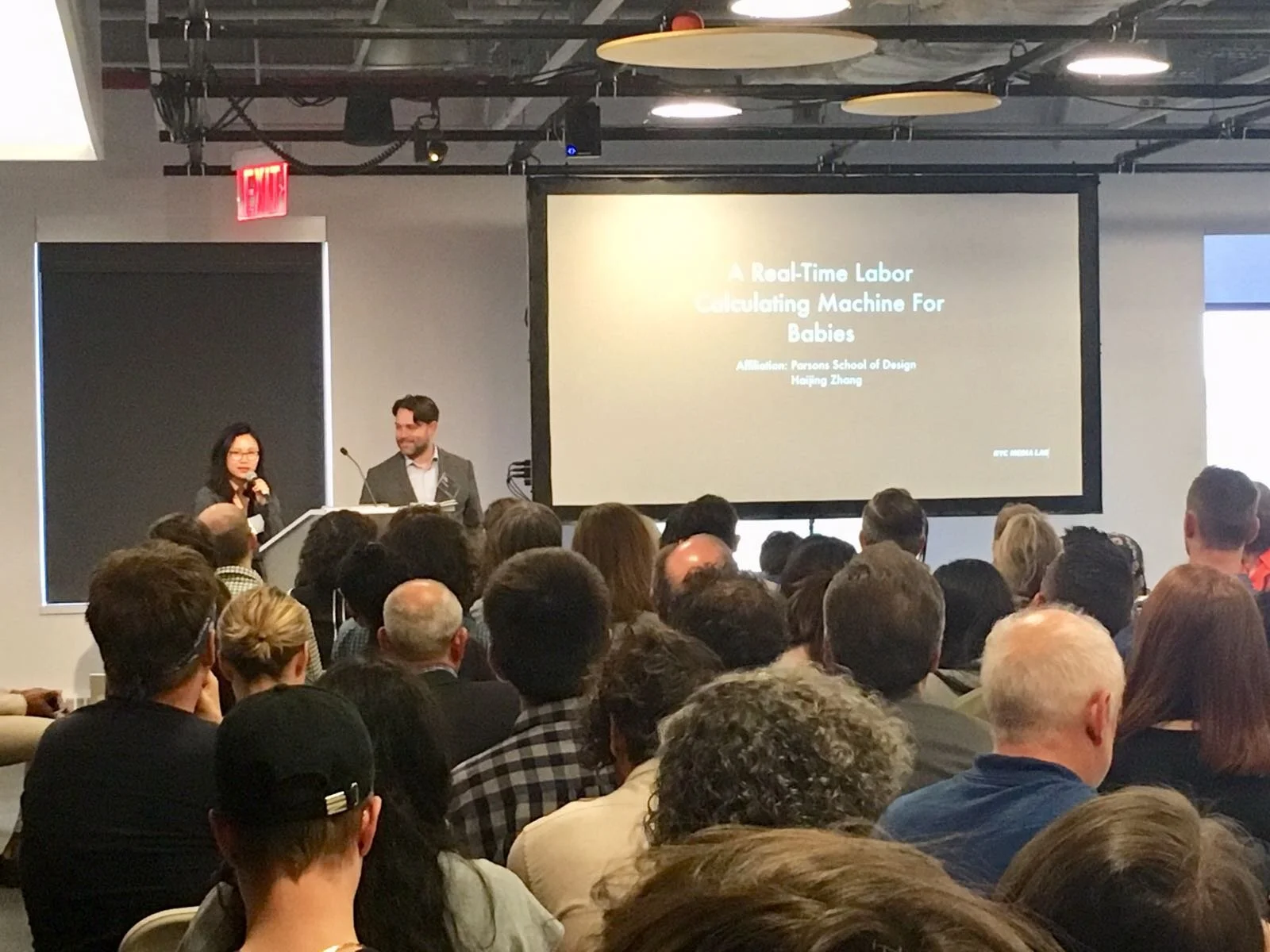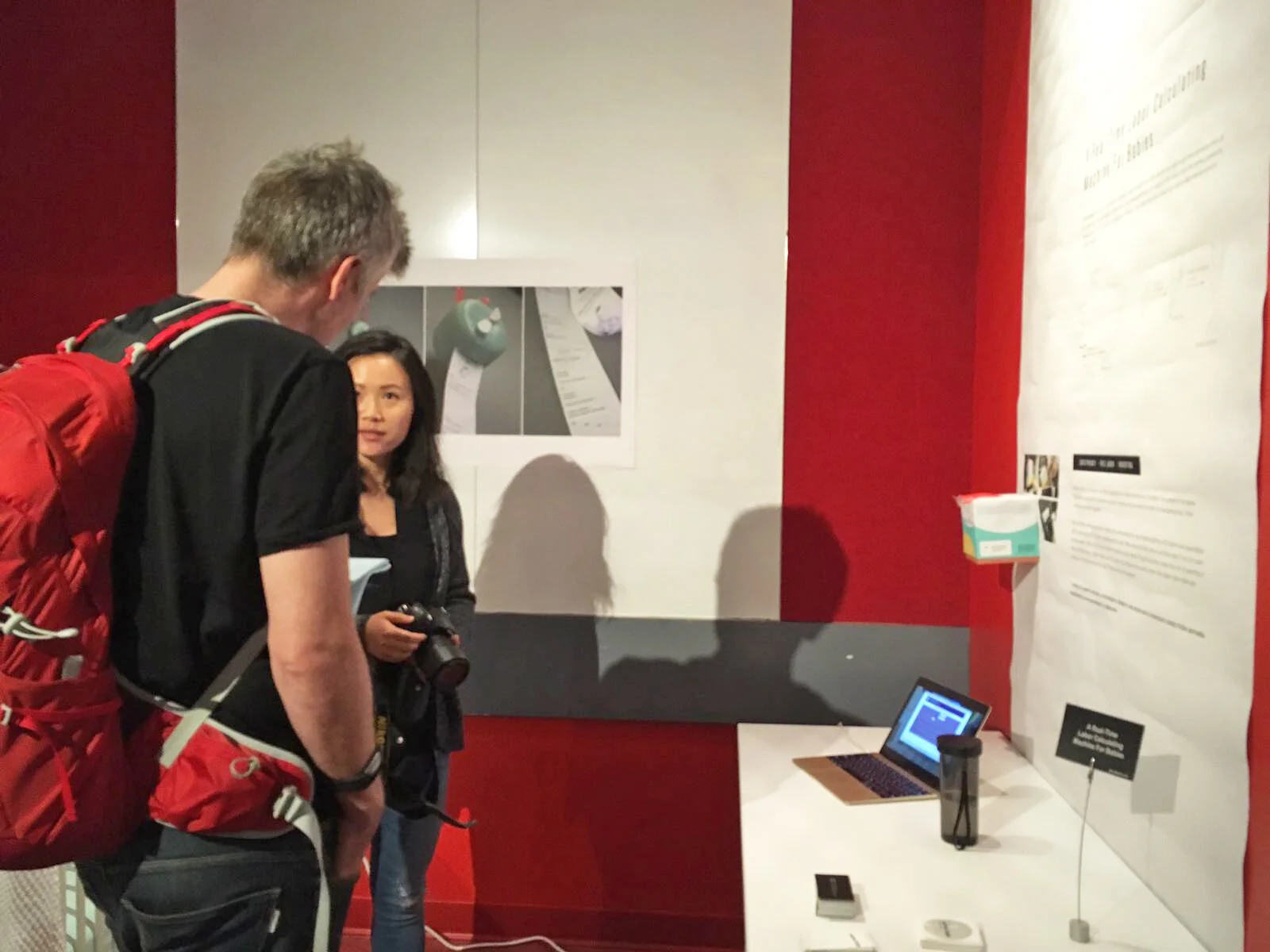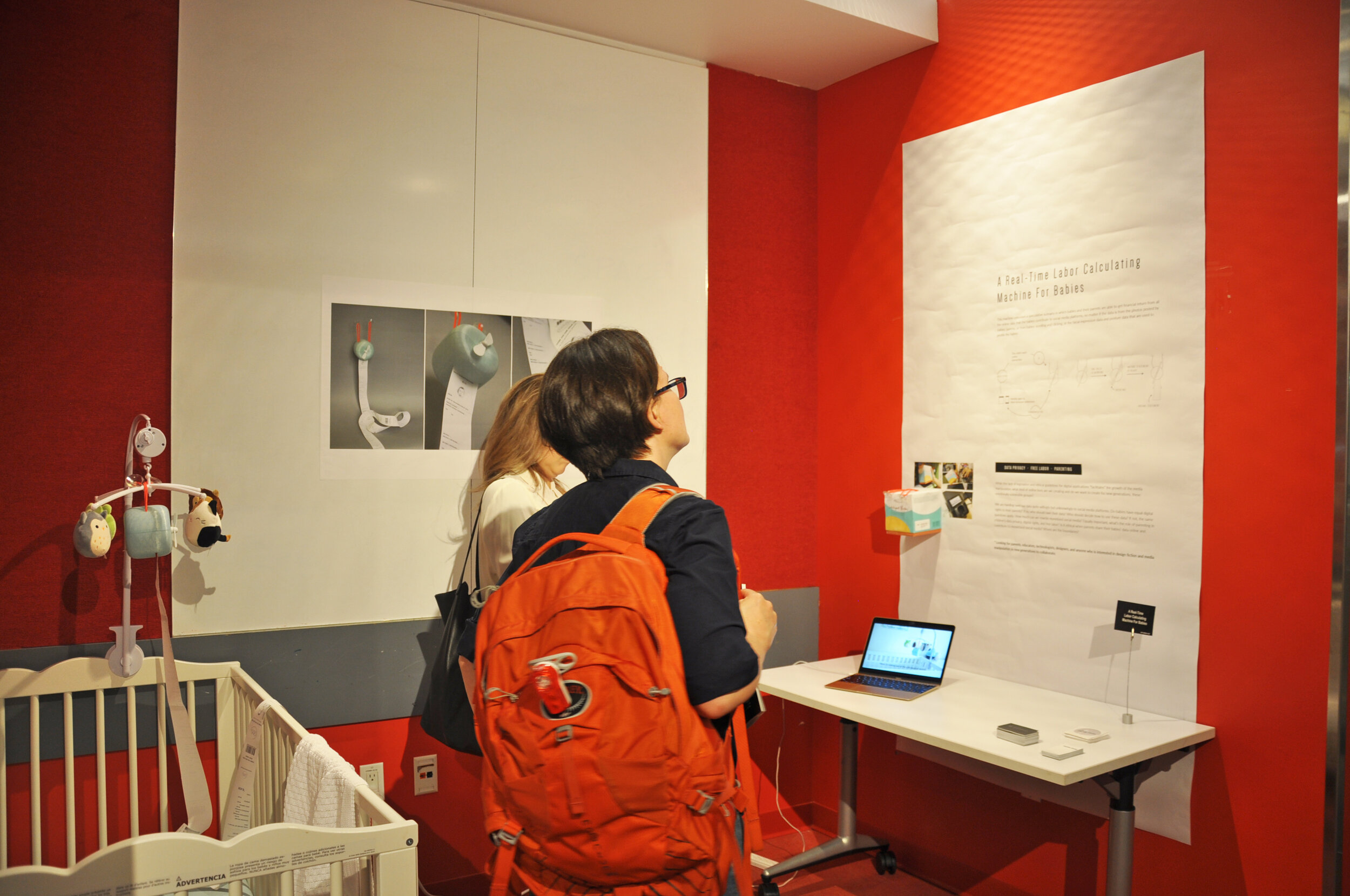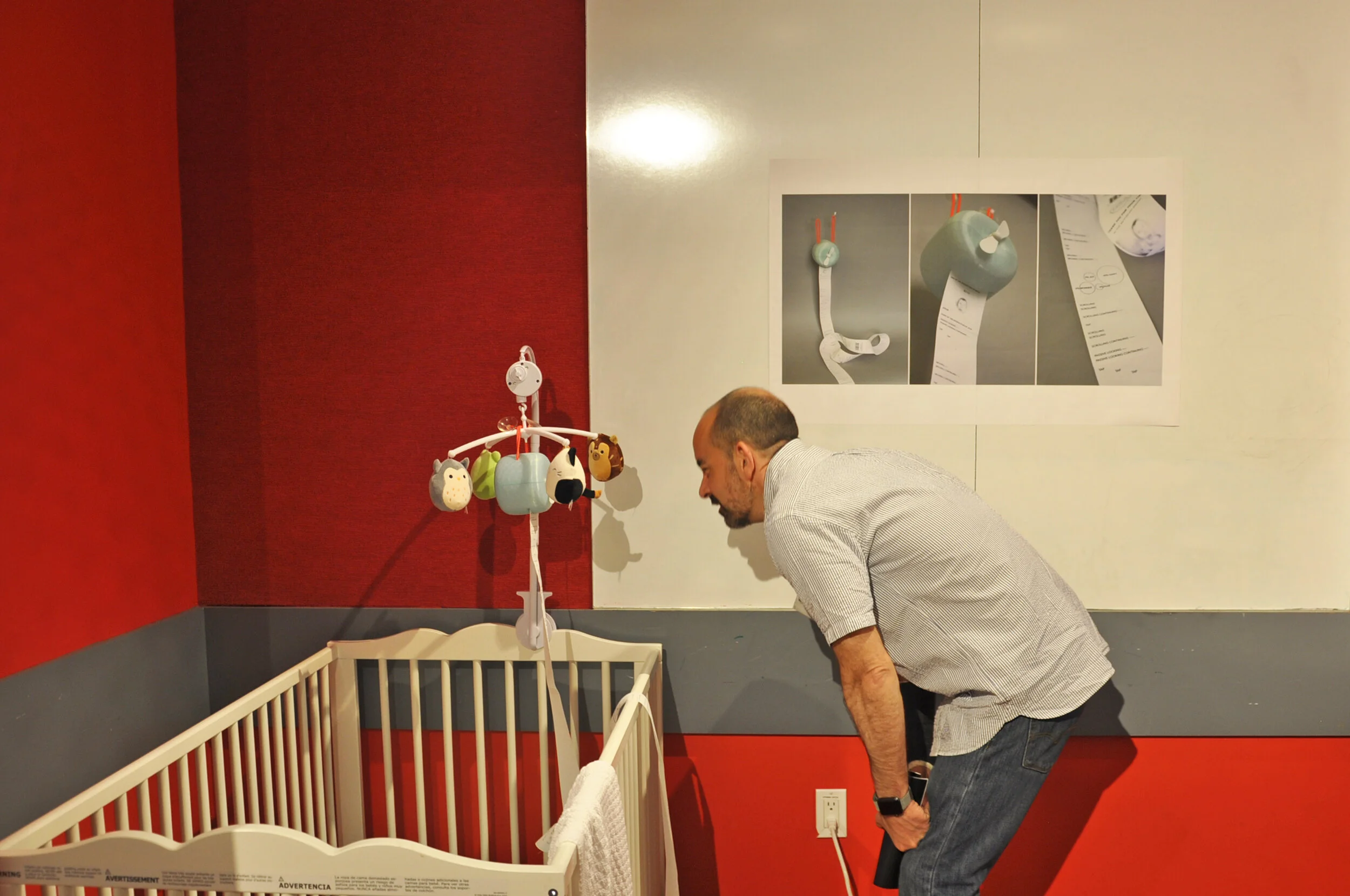Intelligent Baby - A Real-Time Labor Calculating Machine
Future of data, speculative design
Part of my M.F.A. Transdisciplinary Design thesis projects. My thesis was “Media Manipulation And New Generations - A Speculative Approach To Online Social Media”
Creative tools: Rhino, 3D printing, and Adobe Illustrator
2018
A Real-Time Labor Calculating Machine conceives a plausible scenario in which babies and their parents are able to get a financial return from all the online data of the babies that are contributed to social media platforms, no matter if the data are from the photos posted by babies’ parents, or from babies’ every scrolling and clicking, or the facial expression data that are used to profile the babies. The web browser extension and mobile apps can be installed on computers and mobile phones to monitor and capture personal data.
Social context
Because social media is typically associated with leisure and entertainment, the monetization of digital labor has blurred the line separating work from entertainment. We are the digital laborers that spend nearly a similar amount of time on information consumption and the data contribution of both our online lives and real lives. Typical social media users do not receive any monetary compensation for their digital content, while companies are able to take advantage of this freely accessible information to generate revenues.
The news of the scandal of Facebook came out on April 4, 2018, was that the personal information of up to 87 million Facebook users, mostly in the United States, had been improperly shared with the political consultancy Cambridge Analytica, a British firm that sold targeting and social media advertising services to the Trump Campaign.
Design brief
While we are handing over our data and our babies’ data quite willingly to social media platforms, what about our new generations — babies and children who are not able to be aware about their own digital rights yet. Do babies have equal digital rights to their parents? If so, who should own their data? Who should decide how to use these data? If not, the same questions apply. What’s the role of parenting in children’s data privacy, digital rights, and free labor? Is it ethical when parents share their babies’ data online and contribute to monetized social media? Where are the boundaries?
How it works
At-home setup:
Purchasable from a kid’s store:
Positioning
Positioning the role of my design and me as a designer in design speculation space:
I set up the world I am designing for a near future - 5 years from now so that the formats of the design outcomes or the conceived scenarios can still be somewhat familiar and reachable, but there are new kinds of social, cultural, or economic experiences. I also enjoy designing “normal ordinary everyday artifacts” so that the designed experience might provoke everyday conversations.
Design as inquiry
I see my design was less to persuade my audience one way or the other, but to get them to see the phenomena and issues plainly, reflectively, and proactively, and by doing so, demand the rethinking of and bargaining for the lives they want to live.
Exhibitions
The first iteration of the prototype was exhibited at the PRIMER 18 in 2018, a 3-day speculative design conference in San Francisco.
The machine was also demonstrated at the Fake News Horror Show!, hosted by NYC Media Lab on June 7-8th, 2018 in New York City.

